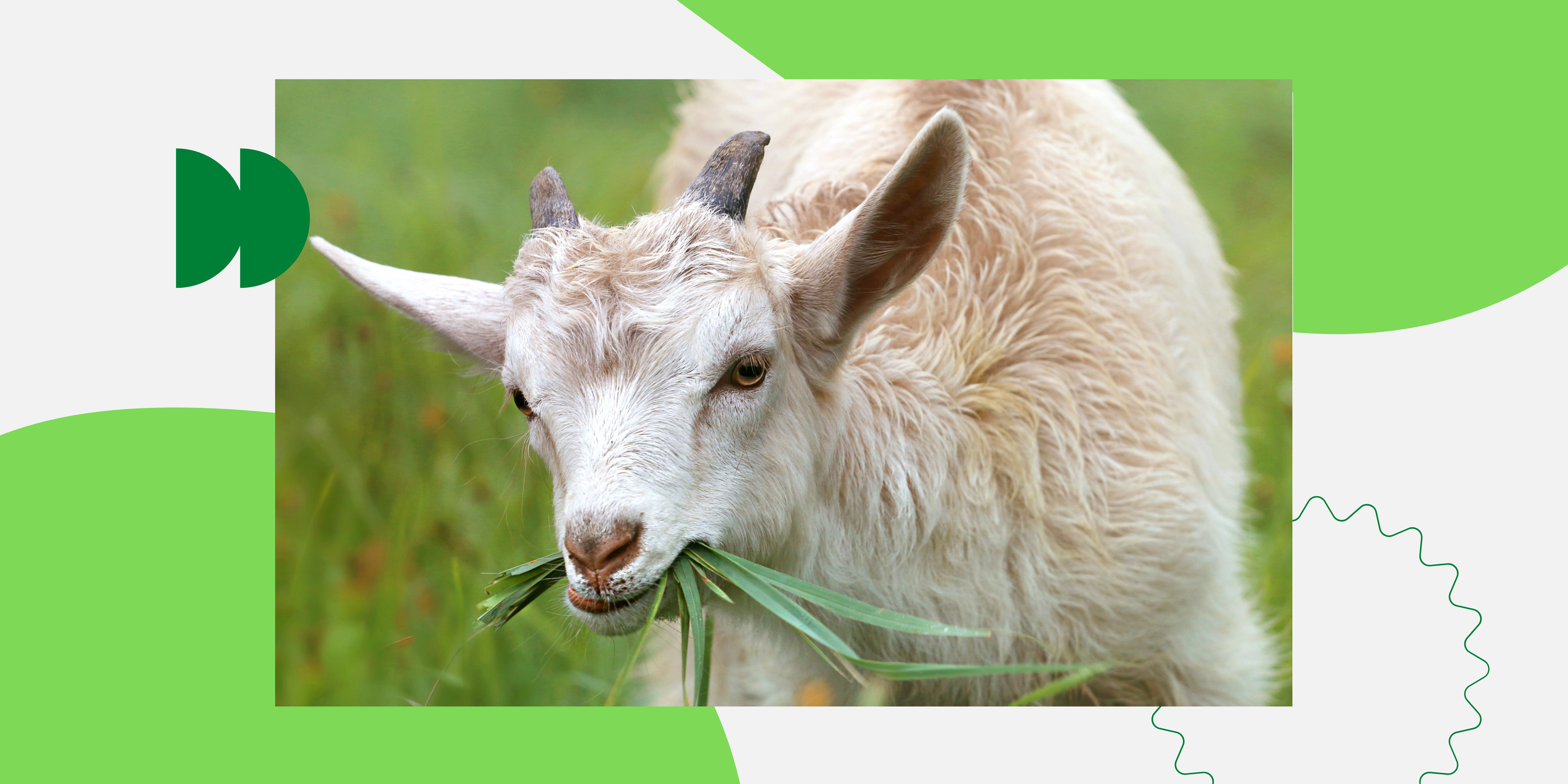
Easier to digest than cow’s milk, and packed with unique nutritional benefits, goat milk makes a healthy addition to your animal companion’s diet.
1. Does your dog or cat get diarrhoea when you give him milk?
It’s not unusual. Many animals, especially cats, develop an intolerance for lactose during their adult lives, which can lead to digestive upset when they’re given cow-based dairy products. Interestingly, however, many of these dogs and cats can consume goat’s milk without any problems. In fact, goat milk and its related products offer some special health benefits that make it worth exploring for your own canine or feline companion.
There’s nothing new about goat’s milk.
While goat milk products may seem like a more recent food trend, goats have domesticated almost 10,000 years ago in Western Asia. Neolithic farmers in the Near East began keeping small herds of ibexes for their milk and meat. In fact, 65% of the world’s population has been drinking goat milk and eating products made from goat milk, for thousands of years. Today, there are over 300 breeds of goat.
Here in North America, however, less than 5% of the population regularly drinks goat’s milk. It wasn’t that long ago, relatively speaking, that goat milk, yoghurt and kefir began appearing at markets and in grocery stores. And the move towards sharing these products with our dogs and cats is even more recent.
2. Why is goat milk better for your dog or cat?
Goat’s milk has some very unique properties that make it a healthy choice for our dogs and cats.
1) It’s particularly good for animals with IBD or any digestive problem. This is because goat milk contains compounds called oligosaccharides, which help reduce intestinal inflammation.
2) Goat’s milk has special “prebiotic” carbohydrates that nourish beneficial gut bacteria. Prebiotics are even more beneficial for promoting a healthy gut than probiotics – that’s because probiotic bacteria and their spores have to survive the hydrochloric acid in the stomach, so often don’t make it all the way to the gut. By acting as food for the good bacteria, however, prebiotics rapidly improve intestinal conditions. Fermenting goat’s milk provides even greater nutritional value because the fermentation process adds more prebiotics to the mix.
3) Dairy products made from goat’s milk are less allergenic than those made from cow’s milk. Firstly, this is because it’s often a novel protein for most dogs and cats, which means food sensitivities and intolerances are much less likely to occur. As well, the smaller fat globules in goat milk, along with its higher concentrations of small and medium-chain fatty acids, allow it to be digested more quickly and with much less effort than cow’s milk. In fact, goat’s milk can be digested in less than 20 minutes
4) Goat milk offers a complete nutritional package since it contains vitamins, minerals, electrolytes, trace elements, enzymes and protein. It actually acts as a metabolic agent because it boosts the absorption and utilization of minerals such as iron, magnesium, calcium and phosphorus — which it’s also a great source of! Goat’s milk supplies vitamins A and D, and is rich in both triglycerides and fatty acids. Studies have shown that the lipids in goat milk can reduce anxiety, while its high amounts of selenium and zinc are great for the nervous system.
5) Because goat milk is high in fat and low in sugar, glucose metabolism becomes much more effective in the animal’s body. What this means is that goat milk is a great tool for managing diabetes. And thanks to its high levels of potassium, it’s alkaline-forming when consumed, so it helps maintain a proper pH balance in the body while also acting as an antacid.
6) Goat’s milk has tremendous immune-boosting properties. It’s a great help for dogs or cats with malnutrition, anaemia, and kidney, GI or liver diseases.
